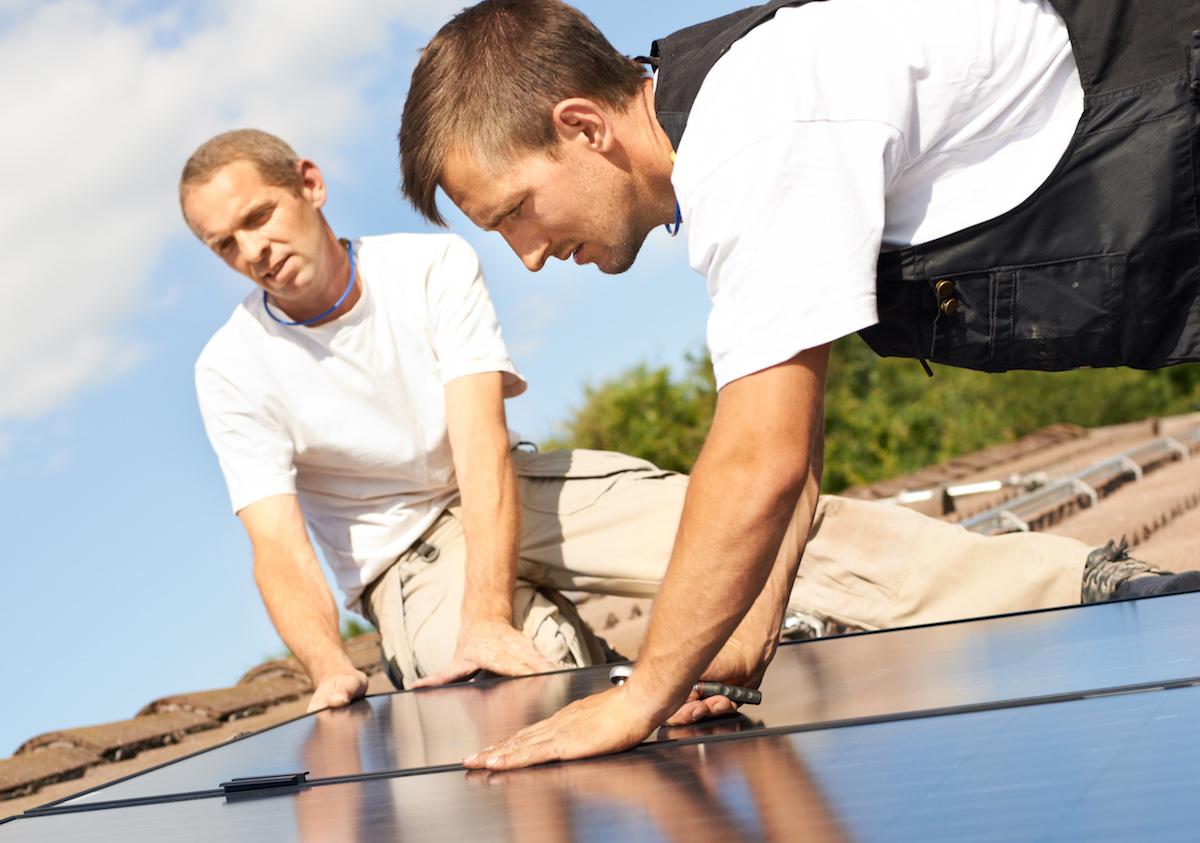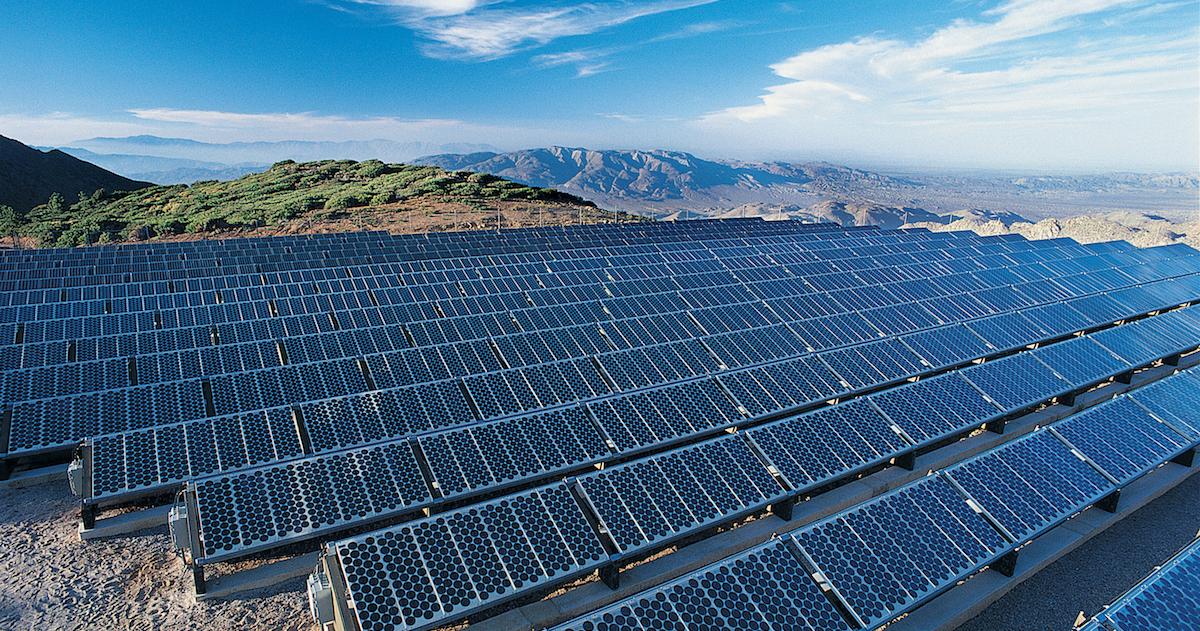How Choosing Solar Can Help Prevent Pollution, in the Long Run
Published Jan. 11 2021, 3:10 p.m. ET

When climate scientists first posited the idea of using sunlight to create electrical power, the world at large had a somewhat mixed reaction. Most people were amazed by what was essentially “space-age technology” but others seemed convinced that such a ridiculously expensive notion could never be viable — especially not at the scale it is being used today. Solar’s transformation has allowed it to become one of the most affordable forms of energy, but how does solar energy prevent pollution?

What is solar power?
According to Carbon Brief, building a new solar plant is now the cheapest form of generating electricity. Solar technology utilizes panels that absorb solar energy and transforms it into electricity to power your business, your neighborhood, and even your home. It was an effective technology when it first came about — albeit an expensive one — but time and technological advancement has changed all of that.
Each year, solar technology becomes even more improved and even more streamlined. As a result, it becomes more mainstream, more accepted by people and governments at large. Solar doesn’t just help people save money on their energy bills, it helps minimize their environmental impact without sacrificing comfort — and that’s a big part of why it’s suddenly so desirable.

How does solar energy prevent pollution?
Solar energy could play a significant part in reducing pollution on a global scale. A recent paper published in Energy Economics revealed that residential solar panels use less water and create less air pollution than using the central-grid power, because the electricity generated by the panels does not need to come through a coal-powered power plant. Without the necessity for burning fossil fuels, the power created by solar panels comes with no smog or toxic runoff.
According to the United States Environmental Protection Agency (EPA), 31 percent of greenhouse gases in the U.S. come from electricity production. In addition, approximately 63 percent of our electricity comes from burning fossil fuels, like coal and natural gas.
Solar energy requires no water to create power or water pollution, even after the energy has been made ready for homes and businesses. This is opposed to conventional electric power plants, which use insane amounts of water and pollute whatever they don’t utilize. Further data from the EPA has stated that thermoelectric power plants contribute to 50 percent to 60 percent of all toxic pollutants discharged into surface waters.

How would transitioning to solar energy impact our planet?
The Solar Energy Industries Association (SEIA) reports that solar technology currently installed across the U.S. will likely counterbalance as much as 16.8 million metric tons of carbon dioxide a year. That is a monumental step towards cleaning up our atmosphere born of a technology that is rapidly becoming more acceptable and available with each passing day. Coupled with the provisions in the Paris Agreement, it could also mean a painless transition to renewable energy the world over.

Does solar energy create less waste?
According to the United Nations Environmental Program, 400 million tons of hazardous waste is produced every year. Some of this waste comes from nuclear or thermoelectric power plants and can contain dangerous chemicals, poisonous metals, and deadly radiation. And, unfortunately, not all of this waste is disposed of properly.
Likewise, solar energy doesn't produce waste, but they take up space, and they require certain non-biodegradable materials such as batteries. They do, however, produce less harmful emissions in the long run.
Are there disadvantages of solar energy?
Solar energy has little-to-no pollution, so why aren't we ditching non-renewables like, yesterday? There are a few reasons. As per GreenMatch, the technology requires a massive upfront cost. Although it will be cheaper than oil or gas in the long run, panel installation is pricey. However, there are solar panel grants being introduced, making solar panel installation easier for everyone.
Additionally, the technology is still improving. For a while, solar panels were effective based on weather and daylight. However, panels have been augmented be solar battery storage systems, which essentially stores energy for later.
That being said, solar energy is one of the cleanest energy options out there — hopefully we make a full transition sooner rather than later.